Science & Technology
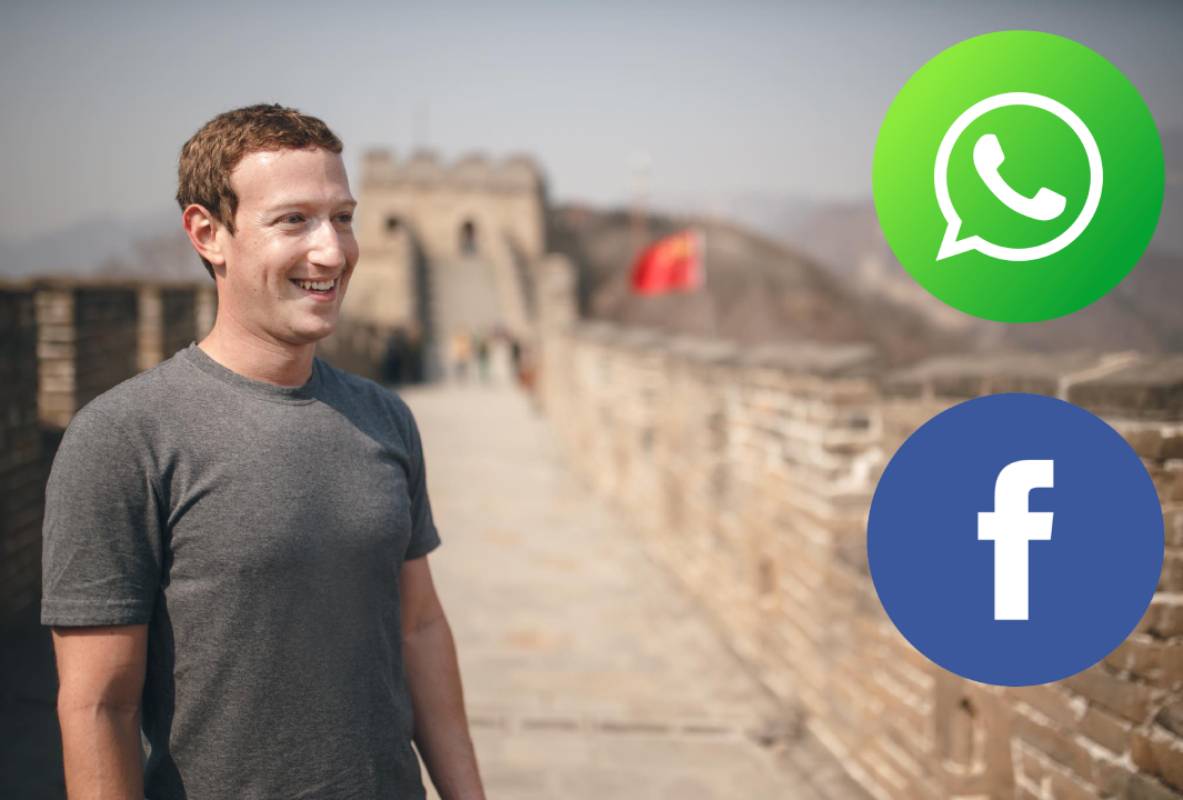
On his Facebook page, Mark Zuckerberg, founder and CEO of Meta – the company behind Facebook, Instagram, WhatsApp and Oculus – wrote on August 9, that WhatsApp is adding a few privacy features.
These features include exiting group chats without notifying other group members, controlling who can see the online status and preventing screenshots on view once messages, according to him.
This means you can now set whom to share your active status and hide from others, he said annoucing that the upcoming update will also prevent screenshots for ‘view once’ messages, which make the view once feature more secure and stand up to its name.
He added: “We'll keep building new ways to protect your messages and keep them as private and secure as face-to-face conversations.”
More on WhatsApp a little later. But one thing is for sure: most free apps come with some strings attached.
As world-famous American sculptor and video artist Richard Serra warned: “If something is free, you’re the product.”
Using various free stuff on the internet ranging from Google, and Facebook, to a sketchy-looking online-shopping portal, people have given away a lot of their data to the tech giants.
The scale of this data collection became more apparent when the Cambridge Analytica scandal came to light in 2015. Cambridge Analytica collected psychological profiles of over 87 million people using Facebook, which was later misused in election campaigns.
With eroding trust in the tech giants, people are searching for better alternatives to messaging platforms which can offer more privacy and security without any sketchy clause in the privacy policy.
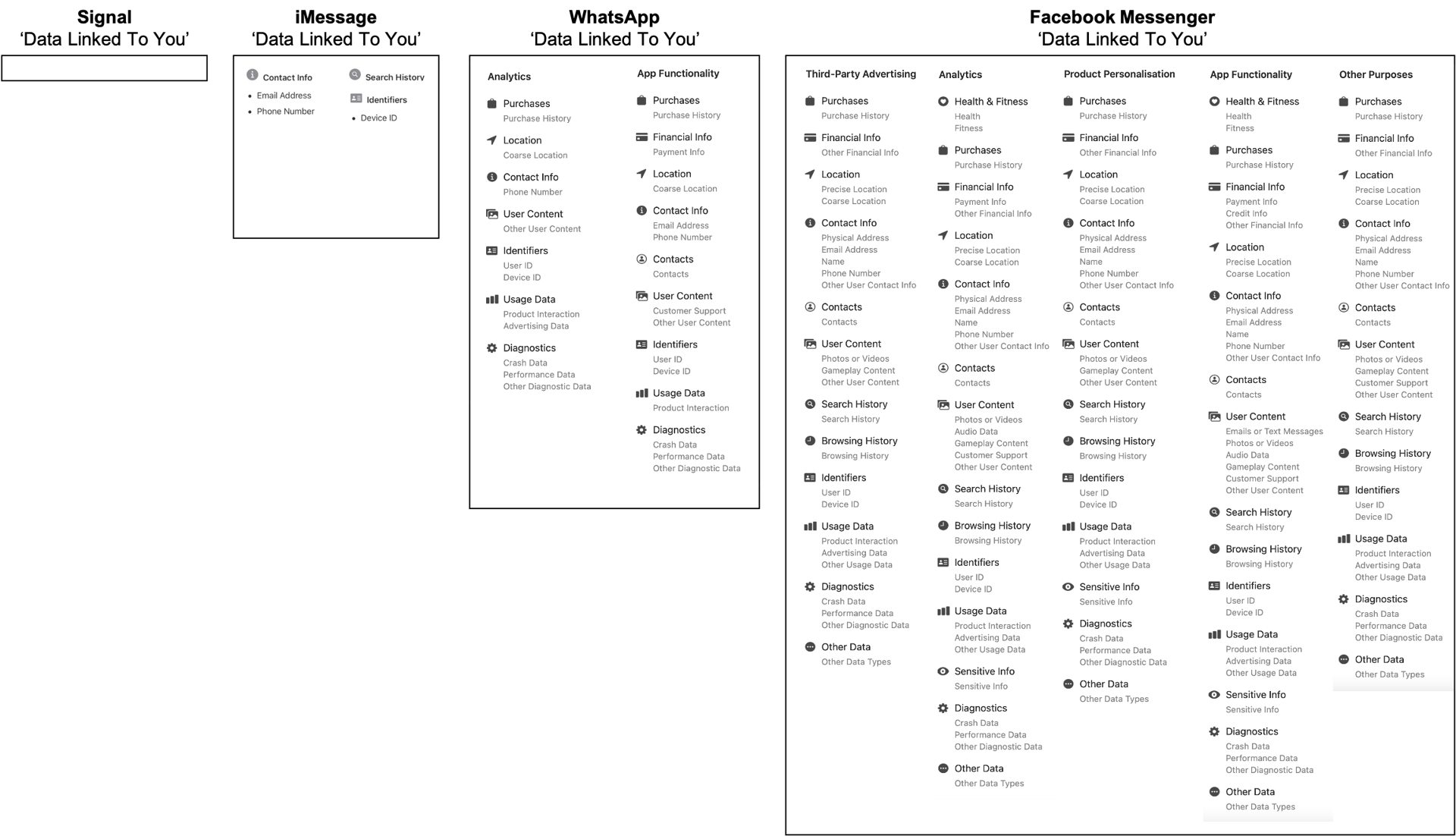
NepalMinute has researched and fished out some private messaging options for you.
1. Signal
- E2EE: Enabled by default on chat, voice and video calls
- Data collected: Phone number for registration only
- Encryption protocol: Open source
- Business Model: Non-profit based on donations and grants
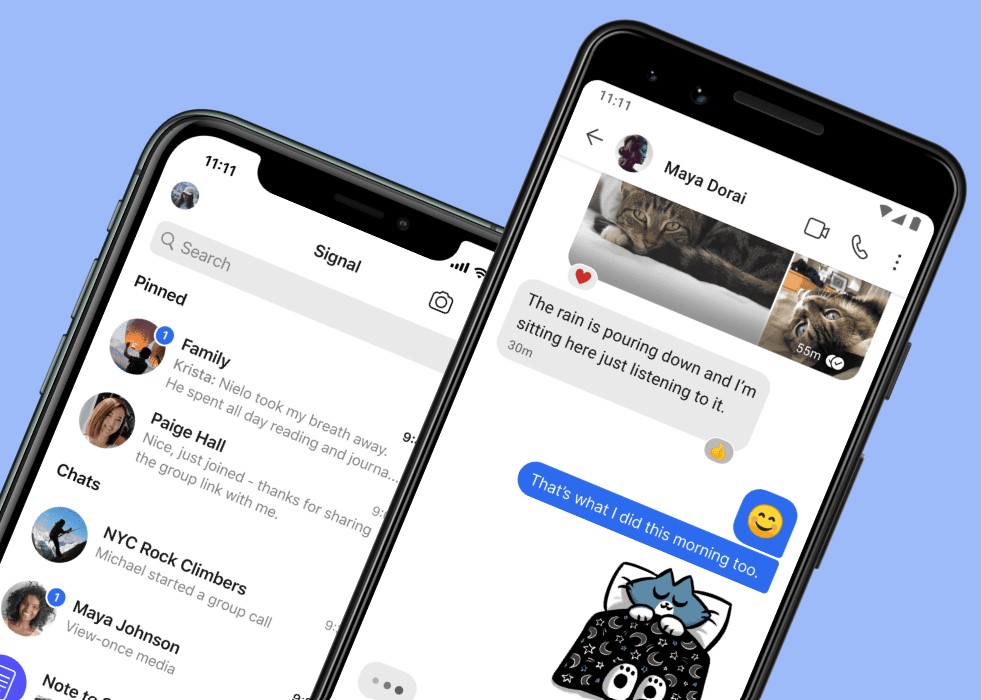
While there is data-harvesting in every app and social platform DNA, Signal is quite opposite.
Signal is considered the most secure messaging app even used by Edward Snowden – a whistle-blower and privacy advocate who leaked highly classified information from the US National Security Agency (NSA) in 2013.
Developed by privacy activists in 2013, it is a non-profit organization that runs on donations and grants. With no incentive to earn money, advertising and collecting data for ad purposes is not an option for Signal.
Coming from the apps which focus on ad revenue, to this clean app, it feels like heaven.
The “only data” you provide to signal is the contact number and all the chats and data are stored locally on your device.
Signal uses in-house ‘Signal protocol’ for ‘end-to-end encryption’ (E2EE). This protocol is open source and peer-reviewed which makes it even more secure as any vulnerability can easily be noticed and fixed.
Encryption is the encoding of information into different format ciphers so make it not understandable if stolen. This includes ciphering by the sender and deciphering by the receiver and involves digital keys on both sides which get verified before the message is decrypted.
The encryption means no one will be able to see the message sent – including your ISP, mobile carrier and phone manufacturer.
The same encryption protocol made by Signal is used by other popular apps like WhatsApp and Skype. This means in terms of privacy and encryption Signal is the “gold standard” – as Mashable (a popular tech site) writes, and my personal favourite.
Signal is available on every platform: Android, iOS, Windows, Linux and Mac.
2. WhatsApp
- E2EE: Enabled by default on chat, voice and video calls
- Data collected: Phone number, location, transaction data, IP address, usage data, interaction with others including businesses
- Encryption protocol: Open source
- Business Model: Ad-supported business model, tied with Meta
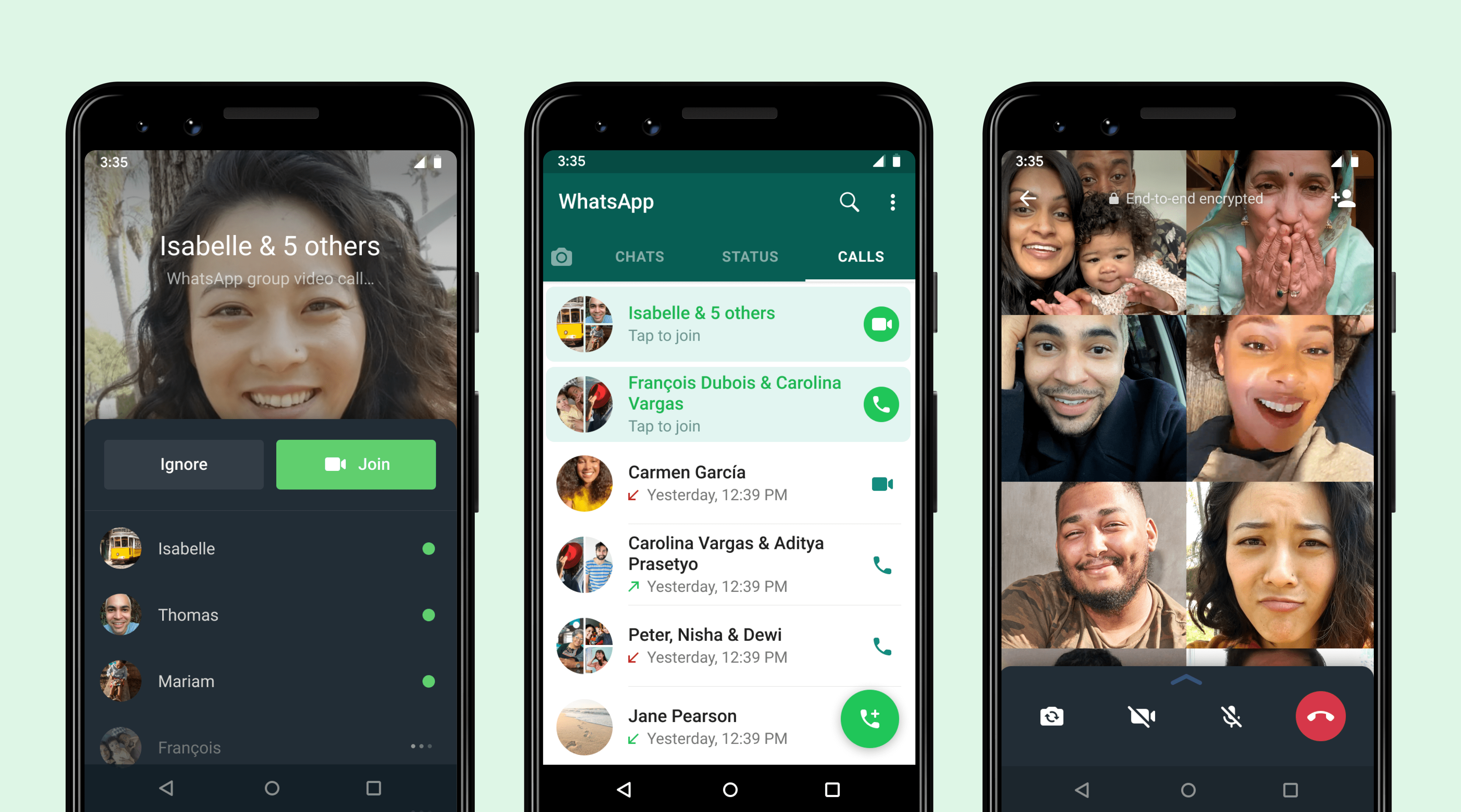
WhatsApp is an odd piece on Meta’s table. A company which is so heavily focused on extracting user information for ad purposes, WhatsApp is an E2EE app that does collect a little information on users.
In Nepal, WhatsApp is quite popular among people and businesses which easily handles group chats.
With a new privacy policy updated last year that hindered privacy when users interacted with businesses, WhatsApp received a lot of backlashes and even lost a lot of users to apps like Signal and Telegram.
With a huge user base, it will be easier to switch to WhatsApp than to Signal. I use both of them, in signal I have few contacts and that is no comparison to WhatsApp.
It is still a good child of a bad parent company with E2EE enabled by default on messaging, video and voice calls in both personal and group chats.
3. Telegram
- E2EE: Not enabled by default; available on chat and voice calls
- Data collected: name, phone number, contact list, user ID, and IP address
- Encryption protocol: Partially open source
- Business Model: Ad-supported and freemium subscription
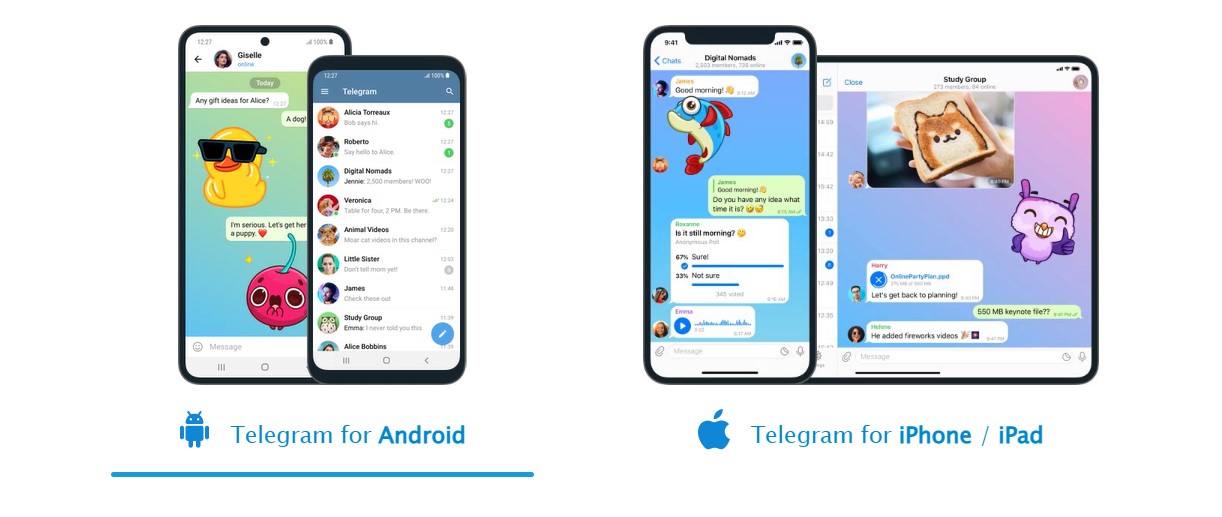
Telegram is the other app which has E2EE enabled but not by default. So, for an average user, it is not encrypted unless you turn on Telegram’s ‘Secret Chats’ feature.
Telegram offers E2EE only on secret chats and voice calls.
Developed by Russian brothers Nikolai and Pavel Durov, the office is headquartered in Dubai.
Although it is not a non-profit organization, the company says its end goal is “not to earn profit”.
Its business model adopts ads as well, and it also offers paid subscriptions for added benefits.
Written in its privacy policy, Telegram collects various information on users for targeting ads but “that does not apply to secret chats”.
With a lot of interactive features in messaging, it is popular amongst youths.
MTProto, the encryption protocol that Telegram uses is partially open-source but some parts of it are still shrouded and tom’s guide – a popular tech website – writes no one knows “what happens to users’ messages on the server”.
There are some grey areas in the app’s encryption and the business model is often conflicting with its motto.
Telegram is available on every platform, Android, iOS, Windows, Linux and Mac.
4. Viber
- E2EE: Enabled by default on chat, voice and video calls
- Data collected: Device identifier, age range, inferred gender, reduced IP address, interaction with messages and links on community chats
- Encryption protocol: Not open source
- Business Model: Ad-supported
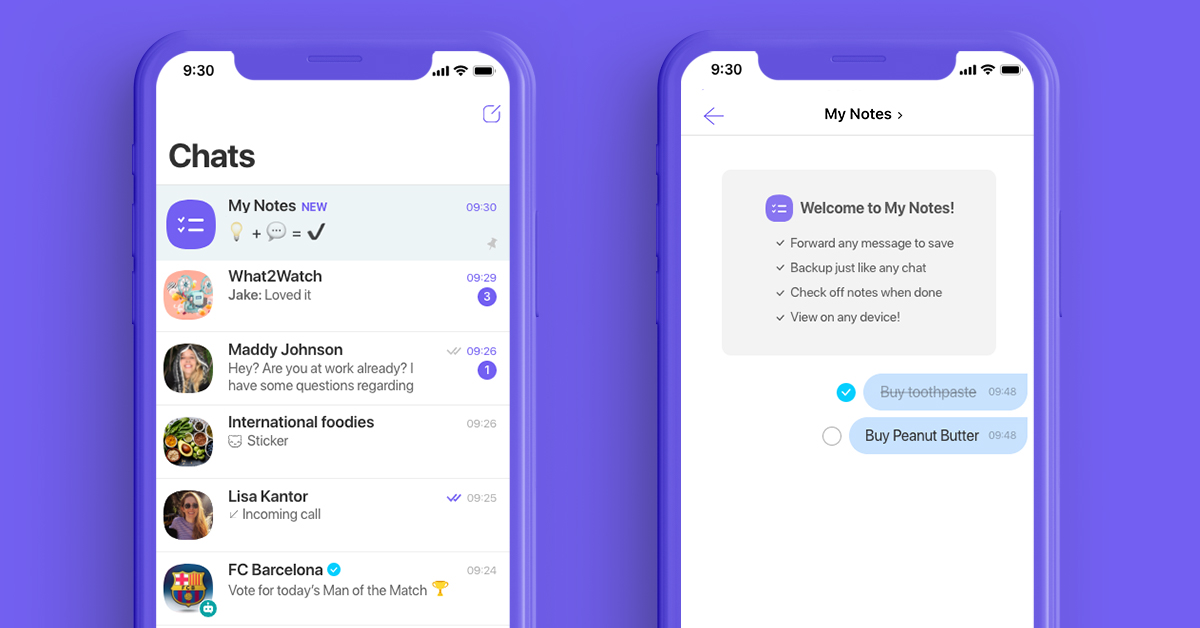
Viber is a popular app in Nepal, which offers E2EE in messaging, voice and video calls in both personal and group chats. Developed in-house, the Salsa20 encryption algorithm is not open source. So, the question remains, is it actually secure?
Viber gained huge popularity in Nepal after it launched free calls to 50 plus countries from Nepal in 2016.
The app has a full suite of messaging features that a modern messaging app needs. It even offers Nepali stickers that can be a really engaging feature in chats.
Ad revenue is its business model; the app seems to be cluttered with ads everywhere. Sometimes, this can be annoying.
This app is owned by a Japanese e-commerce company Rakuten and is a little more cluttered than some of the other apps here
With various scams floating, Viber is a no-no in group chats nowadays. Every now and then, some sketchy profile joins the group and starts scamming people.
Viber is available on every platform: Android, iOS, Windows, Linux and Mac.
5. iMessage
- E2EE: Enabled by default on chat, voice and video calls
- Data collected: Email, phone number, search history, device identifiers
- Encryption protocol: Not open source
- Business Model: Funded by Apple
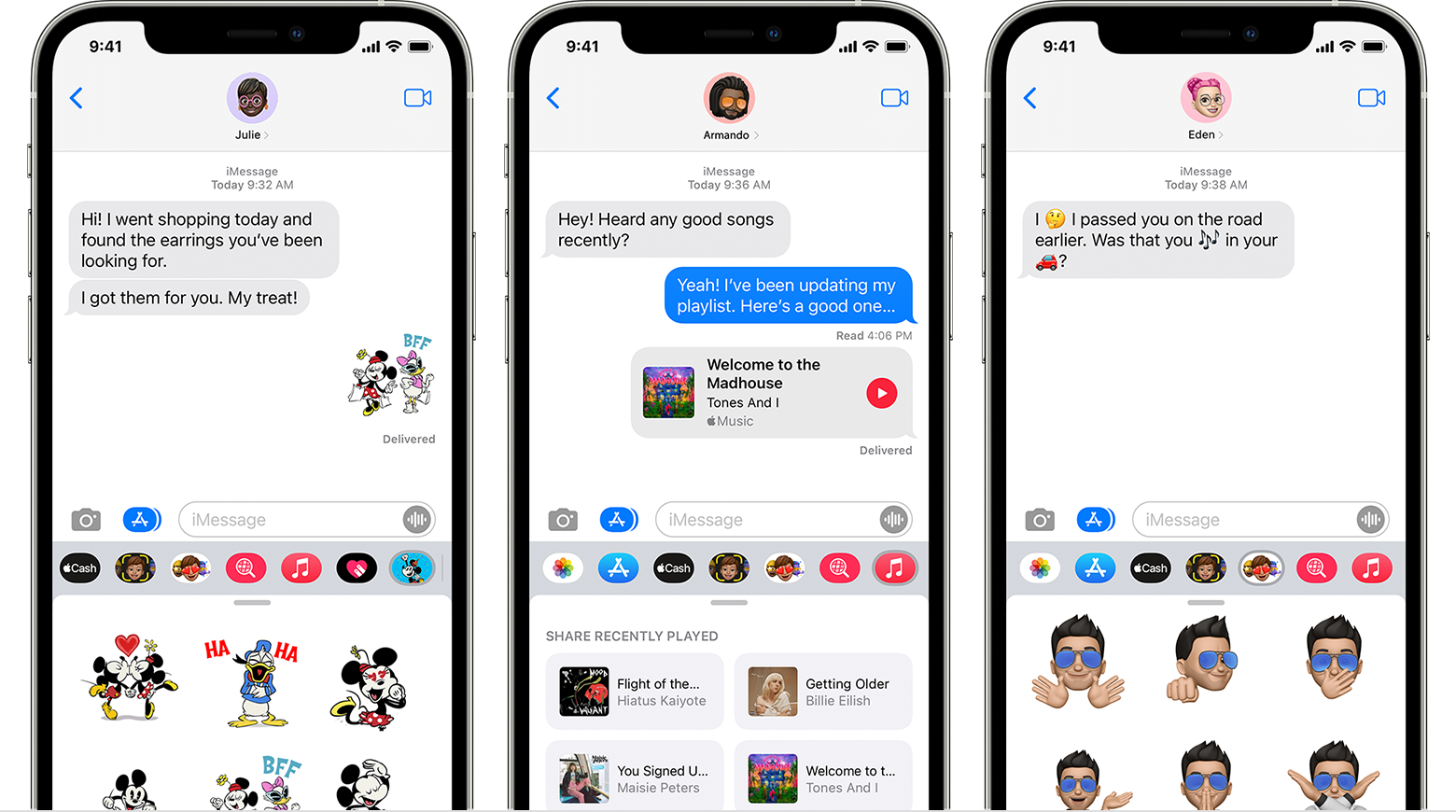
iMessage, although a secure way of chatting with friends, is an exclusive club of the Apple ecosystem – limited to Apple devices.
The encryption protocol is not open source and hacking attempts were successful using software like Pegasus.
Encryption only works if both sender and receiver are using iMessage over the internet. Apple says SMS sent and received on iMessage is not encrypted.
Apple is primarily focused on device and services sales, there is less concern about them selling the user data for advertisement purposes.
However, there is a security loophole in the iCloud backup. When the backup is enabled, which is enabled by default, encrypted messages are sent to the cloud for storage but along with the messages, a copy of encryption is also stored in the server.
This makes it vulnerable when your iCloud gets hacked or Apple servers get accessed.
Disabling iCloud backup is the way to turn on the full privacy.
iMessage is available only on Apple devices: iOS and Mac.
These apps also offer disappearing messages, which will be deleted after a certain time, if you are even more privacy centred. Other options for E2EE messaging apps include Wire, Wickr Me, Dust…
While Signal is the best in class, the user base is small compared to other apps. So, using Signal might not make sense to people.
The choice is yours.






